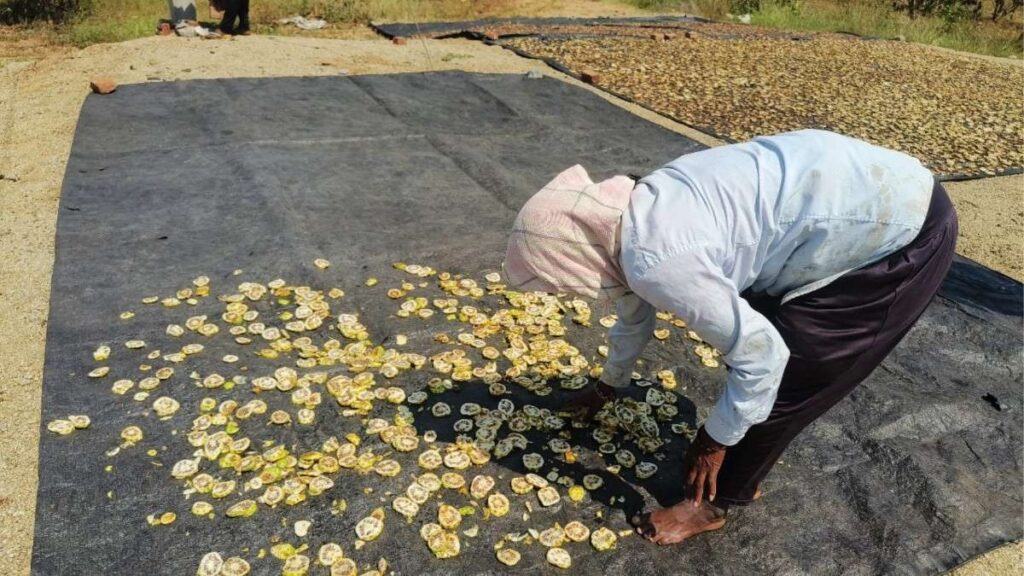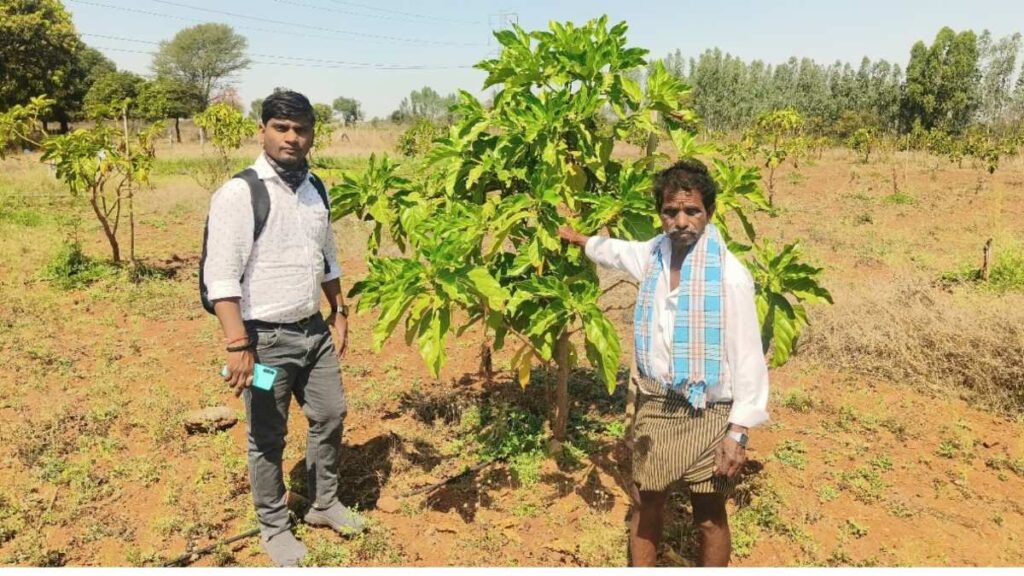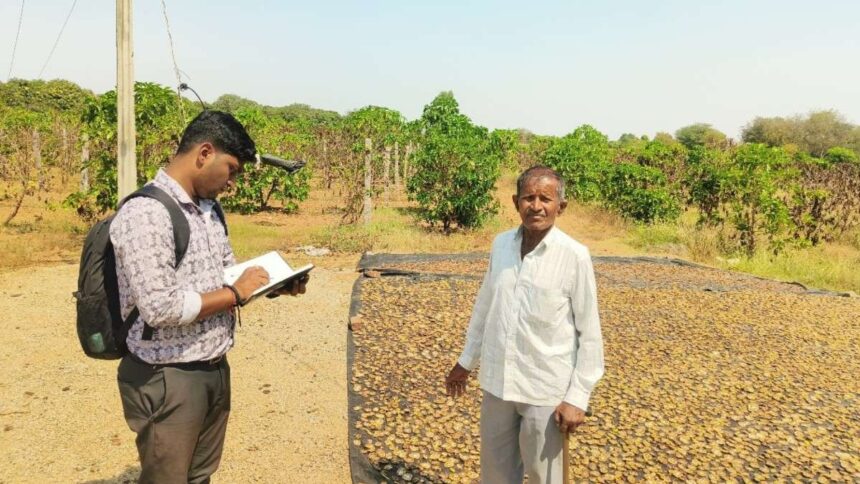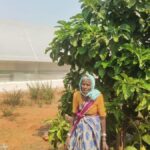Date: May 23–27, 2025
Location: Siddipet, Telangana
As part of the ongoing Farmer Empowerment Program, the Sunyatee International Foundation recently conducted Phase I of its field survey in Siddipet to understand the realities faced by Noni farmers. The goal was to gather baseline insights into current cultivation practices, farming challenges, and the support needs of local growers.

Understanding Local Farming Realities in Phase I of its field survey
The survey engaged five active Noni cultivators — Kanakaiah, Narsimlu, Nimma Padma, Yellaiah, and Manikanth — each contributing unique perspectives on their journey. These farmers rely heavily on red soil and borewell irrigation systems. While modern tools like power sprayers are used by some (notably Yellaiah and Manikanth), most practices remain rooted in traditional organic farming methods.
All five farmers strictly avoid chemical inputs. Instead, they use cow dung, vermicompost, neem oil, and eco-friendly pest solutions like ecocide, emphasizing their commitment to sustainable agriculture.
Yield and Crop Health Trends
Yield patterns varied. Farmers like Kanakaiah, Yellaiah, and Manikanth reported encouraging outputs of 10–15 kg per plant. However, others like Narsimlu saw slightly lower yields, and Nimma Padma’s yield dropped to just 7–8 kg per plant due to a severe fungal disease affecting nearly 50% of her crop.
Despite this, overall plant health was reported to be satisfactory by most, with no major issues in growth or fruit size.
Challenges Faced by Noni Farmers
Several key challenges emerged from the survey:
- Widespread pest problems, including green worm and mosquito infestations
- A critical fungal infection threatening yield on Nimma Padma’s farm
- Lack of preventive disease control measures
- No soil testing practices, pointing to a major knowledge gap in soil health management
Turning Insights into Action
With these insights, the Sunyatee International Foundation is preparing targeted support actions:
- Integrated Pest Management (IPM) training to address green worm and mosquito infestations
- Immediate disease control support, especially for fungal outbreaks
- Soil testing awareness campaigns to promote balanced nutrition and improve long-term productivity

Conclusion: Phase I of its field survey
The Phase I of its field survey has laid the foundation for meaningful interventions. By understanding the ground realities of Noni farmers in Siddipet, the Foundation is now better equipped to provide context-specific solutions. This people-centric approach not only helps in increasing yield and sustainability but also strengthens the resilience of farming communities.
As the Farmer Empowerment Program moves into its next phase, our focus remains clear: to listen, learn, and lead with purpose—ensuring that every farmer grows with dignity, knowledge, and support.




